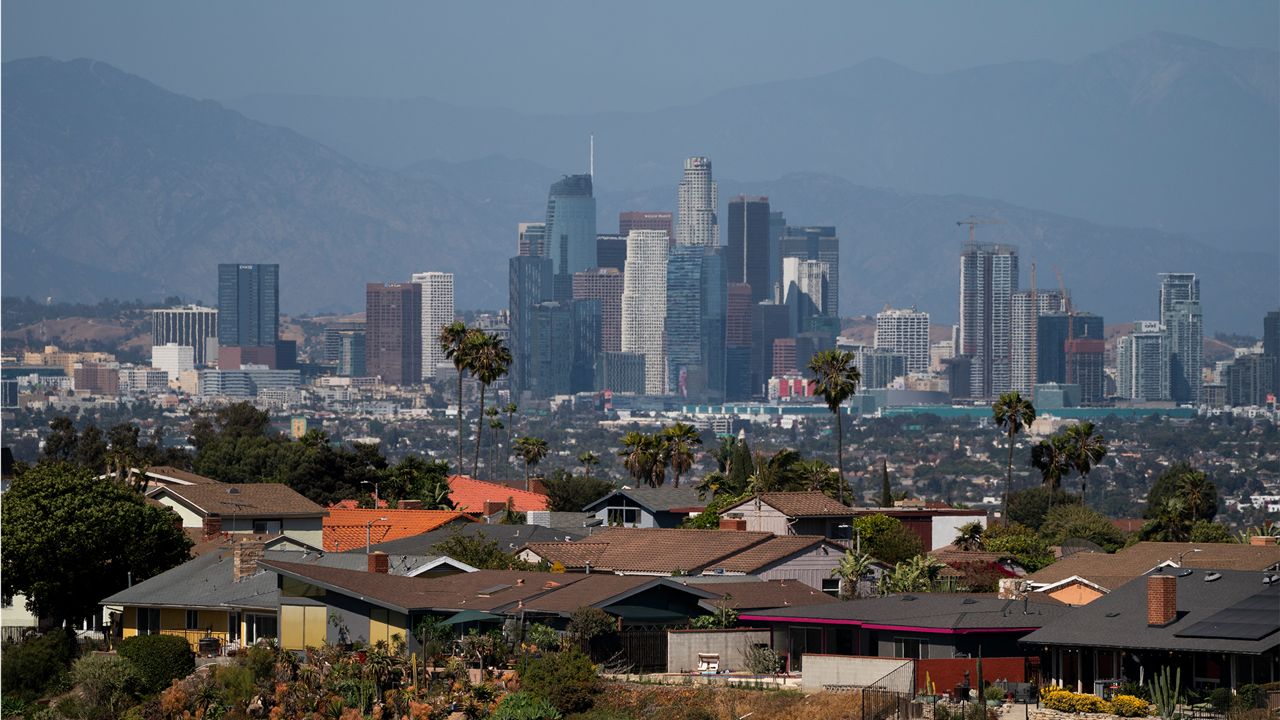LOS ANGELES — Many renters in the city of Los Angeles will face new burdens to remain housed beginning Thursday, as COVID-era protections end and overdue rent accrued during the pandemic period must be paid.
Renters are expected to pay back rent accrued between Oct. 1, 2021, and Jan. 31, 2023, and those unable to pay could face eviction notices.
But, in an effort to prevent renters from losing their homes, city officials continue to spread the message about available resources, and to discourage anyone from self-evicting.
“We must do all that we can to prevent people from falling into homelessness in the first place,” Mayor Karen Bass said in a statement issued Tuesday. “February 1 is around the corner, and I want to make sure that tenants know that they have rights and can seek help from the city. Angelenos who are facing evictions because of rent owed from the COVID-19 pandemic should stay in their homes and contact the city for assistance.”
All residential rental units in the city have “just cause” protections, meaning a legal reason must be declared for eviction to take place. In non-rent controlled units, these protections take effect after six months or at the end of the first lease term, whichever comes first.
The Los Angeles City Council voted last week to keep eviction protections going for any applicant who has been approved for rent relief and is awaiting those funds. In the latest round of rent relief, the city made available $30 million to help tenants, but it has only distributed $7.9 million as of Monday, according to reports.
City Controller Kenneth Mejia released a tool analyzing eviction notice data from February to November 2023. Within that time frame, landlords sent more than 71,000 notices to LA renters. About 96% of those notices were about overdue rent, with an average amount of rent owed at about $3,760.
Using a mix of data from the Housing Department and the controller’s tool, city workers are knocking on doors and targeting households that are in need of resources and information. Officials want to ensure that renters understand the type of notice they’re receiving as well. A pay or quit notice, for example, does not typically require a response, but the renter should reach out to the Housing Department.
An eviction process usually begins after a three-day notice, and the renter should have received an unlawful detainer notice.
Renters usually must respond within five days to a notice. For assistance with UD response, renters can visit selfhelp.courts.ca.gov/eviction-tenant/respond.
The LA Housing Department Hotline can be reached at 866-557-7368. A representative can help determine what options are available for callers.
The Housing Department also has four locations in the city: Its Central/Sunset office at 1910 Sunset Blvd., Ste. 300; its East office at 2130 E. First, #2600; its North/Valley office at 6400 Laurel Canyon Blvd., #610; and the South office at 8475 Vermont Ave.
Further resources and legal assistance can also be found at:
- Tenant Power Tool Kit at tenantpowertoolkit.org/;
- Stay Housed LA at 1-888-694-0040, or www.stayhousedla.org;
- LAHD at 866-557-7368, or the Tenant Protections website at housing2.lacity.org/protectionsnotice; and
- Eviction Defense Network at 213-385-8112.
Additionally, some tenants living in units protected under the city’s rent control laws may experience a rent hike, anywhere between 4% to 6%, depending on if their landlord covers gas and electric costs.
The city adopted an ordinance that would limit rent increases on rent-stabilized units in December 2023. Rent hikes will be limited from Feb. 1 to June 30, with the council expecting a report from the Housing Department that will help better determine appropriate hikes for rent-controlled units going forward.
The Los Angeles County Board of Supervisors also took similar action, extending but slightly increasing a cap on rent increases allowed for rent- controlled apartments in unincorporated areas.
The board last year imposed a 3% cap on rent increases, but that cap was set to expire at the end of the year. The board voted to extend the cap until June 30, 2024, but agreed to increase the allowable rent increase to 4%.



